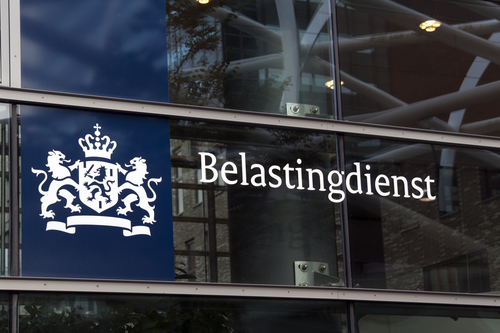Top court says asset tax contravenes human rights and ownership laws


The Dutch tax office was wrong to use a fictitious amount when calculating how much tax a couple had to pay on their savings, because it contravened the right to ownership and European human rights laws, the Supreme Court ruled on Friday.
The case dates back to 2017 and concerns a taxpayer with €1m in assets, of which 80% were held in a savings account, generating a low return. He was taxed, not according to the actual return the savings generated, but according to a fictional mix, including just 21% in savings.
This meant his tax bill was far higher than it should have been. The tax on savings in 2017 was 1.63%, on assets 5.39%.
At the moment all assets apart from own homes are placed in ‘box 3’ and taxed according to a fictional rate of income that the state believes these assets will be generating.
The ruling means the tax office must now reassess all the cases in which taxpayers have complained about the fictional returns. ‘It is a verdict which will have a major impact,’ a tax office spokesman said. ‘We are now going to look at how we can put this ruling into practice.
Box 3
Currently the tax office presumes that people with €50,000 in assets have invested a third of it, and 79% of it if they have up to €1m. The current tax on savings is 0.03% and on investments 5.69%.
The case was brought by the taxpayers alliance, with 60,000 members. ‘This is a fantastic victory for taxpayers,’ the organisation said after the ruling.
The ruling, which is in line with recommendations made by the advocate general in November, also has implications for the new government which has said it plans to tax assets according to the actual return they make.
Thank you for donating to DutchNews.nl.
We could not provide the Dutch News service, and keep it free of charge, without the generous support of our readers. Your donations allow us to report on issues you tell us matter, and provide you with a summary of the most important Dutch news each day.
Make a donation